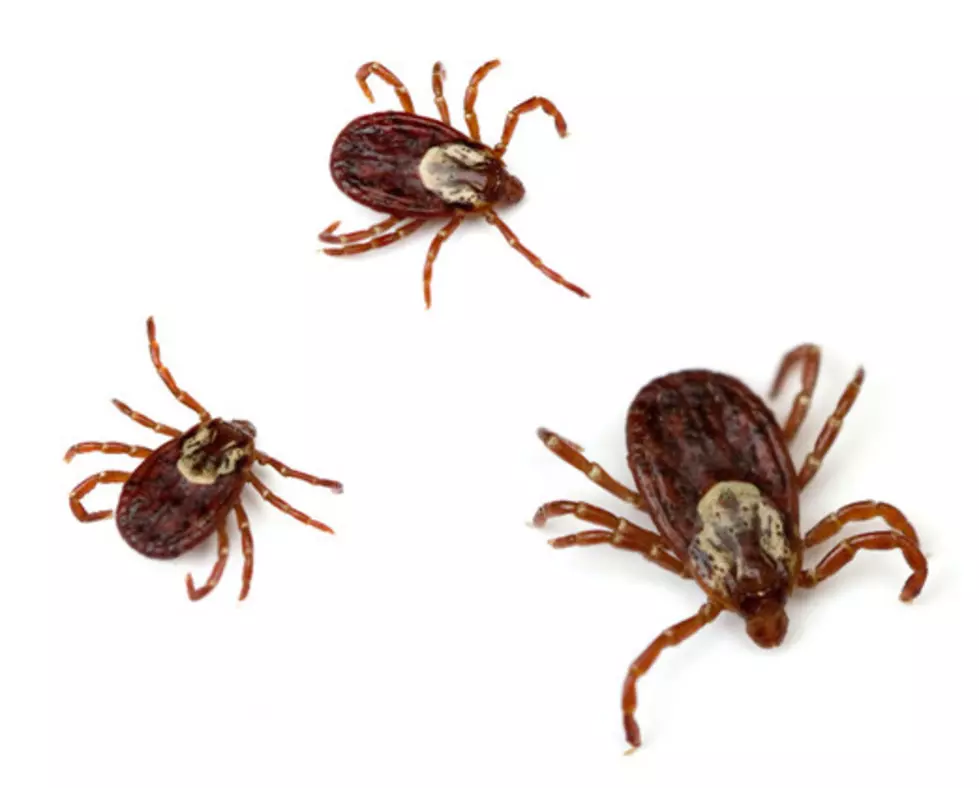
NJ tick explosion is underway: Make sure you do this to stay safe
Now that the summer season has arrived, a growing number of New Jersey residents are being diagnosed with Lyme disease.
Pat Smith, the president of the Lyme Disease Association based in Jackson, said over the past two years there has been a delay in reporting many cases because of the COVID pandemic.
“A lot of people did not take the time out or want to be subjected to going to the hospital or to their physician’s office to get diagnosed,” she said.
Lyme disease is an illness caused by a type of bacteria carried by ticks, frequently deer ticks that bite humans, and early symptoms can include fever, exhaustion, muscle aches, joint pain and a stiff neck.
There is now evidence that when some individuals are bitten by a lone star tick, they might develop an allergy to meat or meat products, including cosmetics that are not vegan.
Not everyone gets a bull's-eye
About 70% of people who get Lyme disease also develop a red bull’s-eye rash within seven to 14 days after a bite.
If Lyme is not treated promptly with antibiotics, the disease can also cause long-term problems including arthritis as well as heart and nervous system problems.
Smith said many types of ticks are in and near wooded areas, fields and places where there is long grass.
“Even if it’s your own backyard, maybe especially in your own back yard, you need to do complete tick checks," she said.
Take off your clothes
When doing a tick check, shower to remove loose ticks and check your body.
Pets can also be tick carriers.
“The animals will actually carry loose ticks into your home, and those ticks might fall off and then they may bite you,” she said.
The Lyme-COVID link
The federal government is going to be reviewing chronic Lyme and long COVID cases because many of the symptoms are similar and can complicate each other.
She said while there is now more awareness about Lyme disease than there used to be, many cases still appear to be misdiagnosed and under-treated.
According to the New Jersey Health Department, if you get Lyme disease and treatment begins promptly, antibiotic therapy for three to four weeks is generally effective. More advanced disease may require antibiotics to be given into the vein (“IV” or “intravenous”) for four weeks or longer.
Smith said the CDC lists New Jersey as having the third most Lyme disease cases in the nation (after Pennsylvania and New York) and state health officials list Morris, Monmouth, Hunterdon, Warren and Mercer as the top 5 Lyme disease counties, based on data collected in 2020.
David Matthau is a reporter for New Jersey 101.5. You can reach him at david.matthau@townsquaremedia.com
Click here to contact an editor about feedback or a correction for this story.



